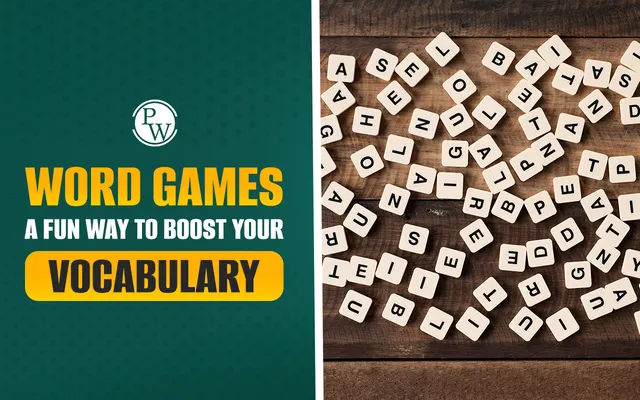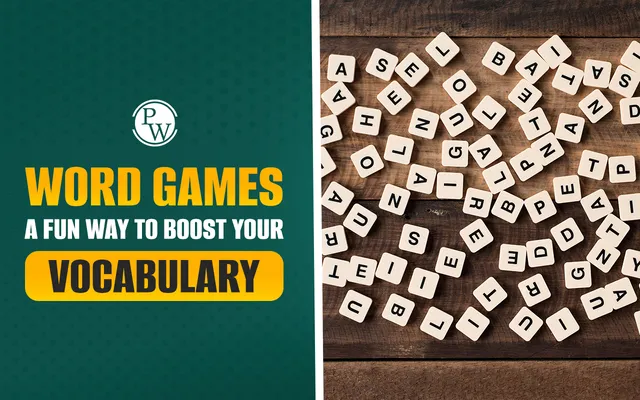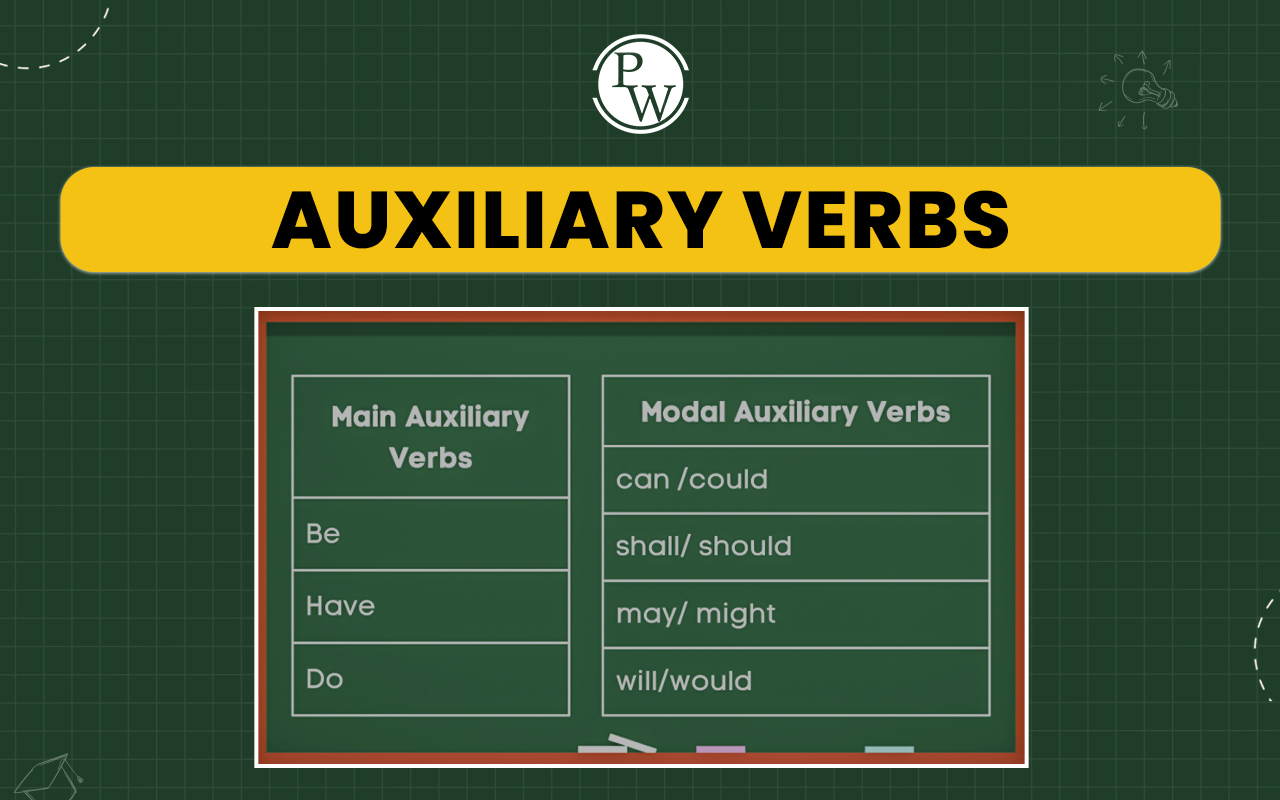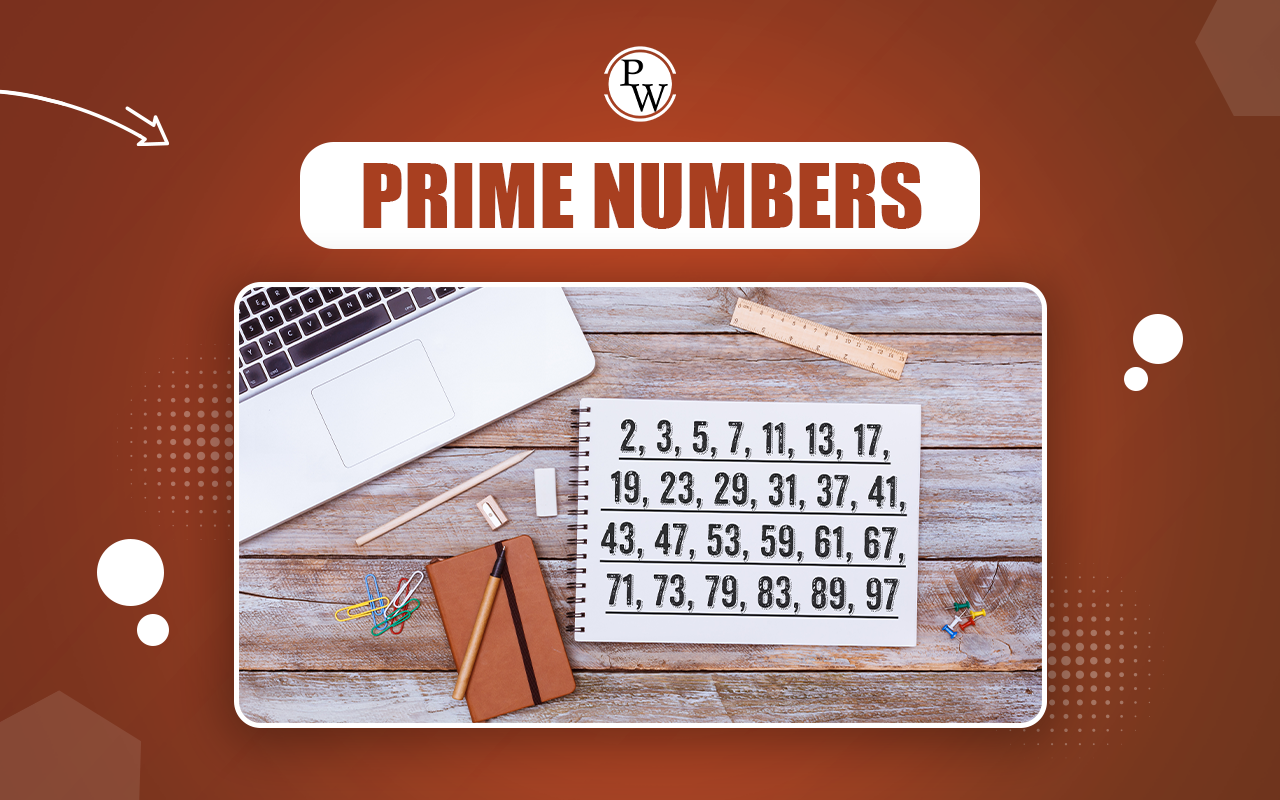
Word games are activities that involve forming, identifying, or solving words. They range from traditional games like Scrabble and Hangman to modern digital experiences such as Wordle and Words With Friends.
These games often require players to manipulate letters, find hidden words, or solve puzzles based on language and vocabulary. Some are fast-paced and rely on quick thinking, while others emphasize strategy and reflection.
Read More: Optative Sentence
Types of Word Games
Word games come in many forms, each offering unique challenges and ways to engage with language. They cater to different interests and skill levels, making them enjoyable for everyone. Here are the main types of word games:
Letter Arrangement Games : In these games, players create words by arranging given letters. Popular examples include Scrabble, Word Wipe, and bananagrams. These games test vocabulary and strategic thinking as players aim to form high-scoring words.
Paper-and-Pencil Games: These traditional word games require players to write their answers, often using clues. Classics like crosswords, Hangman, and word searches fall into this category. They improve spelling, focus, and problem-solving skills while being easy to play anywhere.
Semantic Games : Semantic games revolve around the meaning and associations of words. Games like Mad Libs, where players fill in blanks to create humorous stories, and Codenames, which involve linking clues to words, challenge creativity and critical thinking.
Modern Digital Games: With technology, word games have evolved into interactive apps. Games like Words With Friends and Word Connect let players enjoy puzzles on the go, compete with friends, and explore language in new, dynamic ways.
How Do Word Games Help Students Learn and Grow?
Word games are not just fun; they are a great way to boost learning and skills. They help kids explore language in exciting ways, making studying more enjoyable. Here’s how word games benefit students:
Build a Bigger Vocabulary Word games introduce students to new and interesting words. For example, crosswords challenge players with unique clues, helping them learn uncommon words and how to use them in sentences.
Improve Spelling Skills Games like Scrabble and Hangman make spelling a fun activity. They encourage students to notice how letters fit together, improving their ability to spell correctly.
Sharpen Thinking Skills: Word puzzles challenge students to think critically, find patterns, and solve problems. These activities strengthen memory and problem-solving abilities, making the brain sharper.
Boost Reading and Understanding: Regularly playing word games helps kids read faster and understand better. Recognizing new and complex words becomes easier, improving comprehension and making reading more fun.
Learn to Work as a Team: Games like Boggle or group crosswords teach students how to collaborate and share ideas. Working together to solve puzzles builds teamwork and communication skills.
Reduce Stress While Learning: Word games are both relaxing and entertaining. They give kids a break from regular schoolwork while keeping their minds active, making learning stress-free and fun.
Word games aren’t just play—they’re a clever way to grow your brain while having a great time!
Read More: Affirmative Sentence
Popular Word Games for Students
Word games make learning engaging and fun. Here are some popular options that blend entertainment with education:
Scrabble
Scrabble is a beloved board game where players use letter tiles to form words on a board, each letter carrying a point value. It’s a great way to build vocabulary as players learn new words, practice spelling by arranging tiles, and develop strategic thinking by planning moves to maximize scores. Scrabble’s interactive nature also makes it perfect for group play, fostering collaboration and friendly competition.
Hangman
Hangman is a simple guessing game that’s especially enjoyable for younger students. One player picks a word, and others guess letters to figure it out before a stick figure is completed. This game strengthens spelling, encourages recognition of common letter patterns, and sharpens logical thinking as students deduce possible words from limited information.
Word Search
Word search puzzles require players to find hidden words within a grid of letters. They enhance focus, improve pattern recognition, and boost vocabulary as players familiarize themselves with different words. Word searches are relaxing yet stimulating, making them ideal for quick, engaging learning sessions.
Wordle
Wordle is a digital sensation where players have six attempts to guess a five-letter word. Feedback on each guess highlights the correct letters and their positions. Wordle sharpens vocabulary as players test word combinations, enhances logical thinking through deduction, and builds persistence by encouraging trial and error. Its daily puzzle format keeps players coming back for more.
Crossword Puzzles
Crosswords challenge players to solve clues and fill in intersecting words on a grid. These puzzles expand vocabulary, improve reading comprehension, and strengthen problem-solving skills. By requiring players to think about word meanings and contexts, crosswords offer a comprehensive way to engage with language while having fun.
Words With Friends
Words With Friends is a modern twist on Scrabble, designed for online and mobile play. Players compete with friends or random opponents to form words on a shared board. This game combines vocabulary building with social interaction, as players chat, share strategies, and compete in a friendly manner. Its accessibility makes it a favorite among students for casual learning.
How to Use Word Games for Learning?
Word games are a fun way to make learning exciting and interactive. Teachers and parents can use them to help students improve language skills while enjoying themselves.
In the Classroom
Teachers can use word games to make lessons more engaging:
- Create word searches based on topics like history, science, or geography to reinforce learning.
- Hold friendly competitions with games like Scrabble or Words With Friends to build teamwork and vocabulary.
- Add riddles or simple word challenges to daily lessons to spark curiosity and encourage thinking.
At Home
Parents can use word games to make learning fun for kids at home:
- Plan family game nights with games like Boggle or Hangman for bonding and learning.
- Introduce kids to mobile games like Word Wipe or Text Twist, which are both educational and entertaining.
- Provide crossword books or printable puzzles for a screen-free way to practice words.
For Online Learning
Word games also work well for online learning. Here’s how:
- Websites like WordGames.com or MindGames.com offer many free and interactive word games for all levels.
- Assign online word games as homework to make studying enjoyable and effective.
By using word games at school, at home, or online, learning becomes fun and helps students build strong language skills in an easy and enjoyable way.
Read More: Indirect Proportion
Tips for Choosing the Word Games
Choosing the right word games ensures students stay engaged while learning effectively. Here are some tips to help you select the most suitable options:
Match the Game to the Learner's Ability: Pick games that are suitable for the student’s age and skill level. The right balance of challenge and ease keeps them motivated without feeling overwhelmed.
Focus on Learning Goals: Select games designed to meet specific educational needs, like improving spelling, expanding vocabulary, or boosting comprehension skills.
Provide a Mix of Game Types: Offer a variety of word games to maintain interest. Switching between puzzles, letter arrangement games, and word searches keeps the learning experience dynamic.
Prioritize Enjoyment: Choose games that are fun and engaging. For younger students, focus on creativity and exploration rather than competition to encourage participation.
How Word Games Boost Lifelong Skills
Word games not only support academic growth but also develop skills that are valuable throughout life.
- Improved Communication : A strong vocabulary and better understanding of language enhance both written and spoken communication.
- Critical Thinking : Games that require problem-solving foster logical thinking and creativity.
- Adaptability : Learning to find solutions under time constraints or changing rules builds flexibility.
- Confidence : Success in word games boosts self-esteem and encourages a positive attitude toward learning.
| Also Read | |
| Colours Name | Surface Area of a Hemisphere |
| Science Project Ideas for Class 8 | Diameter of a Circle |
| Shapes | Measurement |
Word Games FAQs
What are word games?
Who can play word games?
Are word games only for learning?
How can I find word games?












